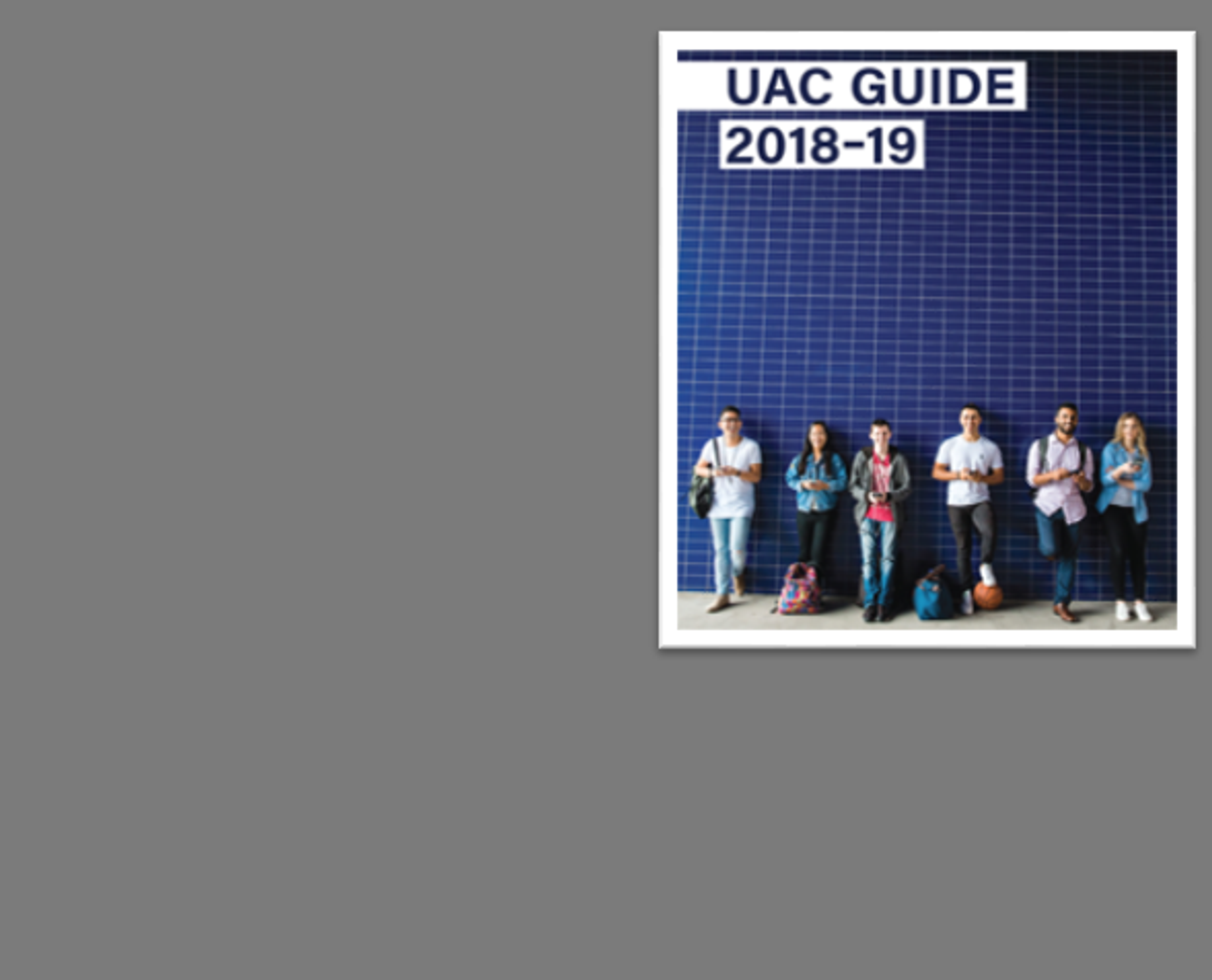Careers

- Careers News
- Careers Newsletter
Careers News
Year 10 students and parents: TAFE applications close next week. Please send in your completed applications forms ASAP.
Information for Year 12 students and parents: All year 12 students were given their own copy of the UAC Guide last week. If your son did not receive his copy please email me djanes@stpiusx.nsw.edu.au
Key Dates for Applying to University in Australia: It doesn’t matter which state you live in or where you complete your Year 12 studies, you can apply to any course at any university in Australia, if you meet the eligibility criteria specific to that course and university.
So, if you’re planning on continuing your education after you leave Year 12, you’re going to have to choose what course you would like to do and which universities you would most like to study at. If you haven’t already decided on your preferences, then it’s time to get your skates on and get organised.
- New South Wales & Australian Capital Territory
UAC processes applications for courses offered at participating universities and higher education providers in NSW & the ACT (applications to the Australian Maritime College courses, including the Tasmania locations, apply through UAC). All the information you’ll need to know about courses, universities, applying to a University in NSW & the ACT and more, can be found at: https://www.uac.edu.au/
Applications: Applications for courses starting in 2019 are open at UAC now. You should aim to complete your application to UAC by the 28th September 2018 to be eligible for early bird offers. Fees for applications submitted by Year 12’s before this date are $70.
The absolute last date you can apply and still be considered for the first main round of offers is by the 19th November 2018 to be included in the first round of offers in December (processing fees of $200 will apply to all applications received after the 28th September).
Preferences: You can choose up to FIVE preferences to list on your application. Preferences are the courses you would like to apply for. Listing five preferences maximises your chances of getting an offer.
When choosing your preferences, it’s a good idea to list the ones you really want first, the ones that are more realistic next, and a safe option. That way you’ll ensure that you get at least one offer at the end of each round.
ATAR results will be issued / available to Year 12 students in NSW & ACT on the 14th December 2018.
Last date to change preferences: Once you’ve received your ATAR, you may have done better than you expected, you might not have done as well as anticipated, or you may just have had a change of heart about which course to study or the University you would like to go to.
If that’s the case, you can still change you preferences after receiving your ATAR. You’ll have to make sure that you change your preferences by midnight on the 16th December 2018, after that you won’t be able to alter your application before the first round of December offers.
Offers: Once you’ve submitted your final preferences and the cut-off window has passed, offer notifications for the first round will be sent on the 20th December 2018.
STUDY SKILLS TIP FOR SEPTEMBER – BEST WAY TO STUDY?
Students sometimes ask ‘what is the best way to study?’ The answer, there is no best way. An important lesson for students to learn is that everyone learns in different ways, everyone has different approaches and preferences, and what works well for one person may not work well for another.
This truth applies to all aspects of effective learning – time management, research skills, writing skills and so on. There are certainly good techniques and strategies available in all of these areas, and also approaches that work well for the majority of students.
However it is essential that all students try different techniques to see what works best for them. Preferences could also change over time, so it makes sense to at least once a year stop and reflect on approaches to learning. What did you do, what worked, what didn’t, what should you change, what should you keep, and what new things could you try.
This is what ‘metacognition’ is all about. It means taking the time to try and understand more about the process of learning and your role as a learner. Students who take a metacognitive approach to their learning are much more likely to improve their results. How can you find out different study techniques to try? Talk to the people around you – friends, siblings, parents – ask them what techniques they have used.
Also ask your teachers what they would recommend for their subject. You can also visit the unit on the Study Skills Handbook that covers how to study for tests and exams. You will find lots of active studying strategies and grids to help you plan for exams. Just remember – there is a worst way to study – just reading your notes over and over and hoping the information stays in your head!
Our school’s subscription details to this online study skills website for secondary school students are –
- www.studyskillshandbook.com.au
- User name: spx
- Password: success25
Careers Newsletter
Ms D Janes - Senior Studies Coordinator and Careers Adviser
